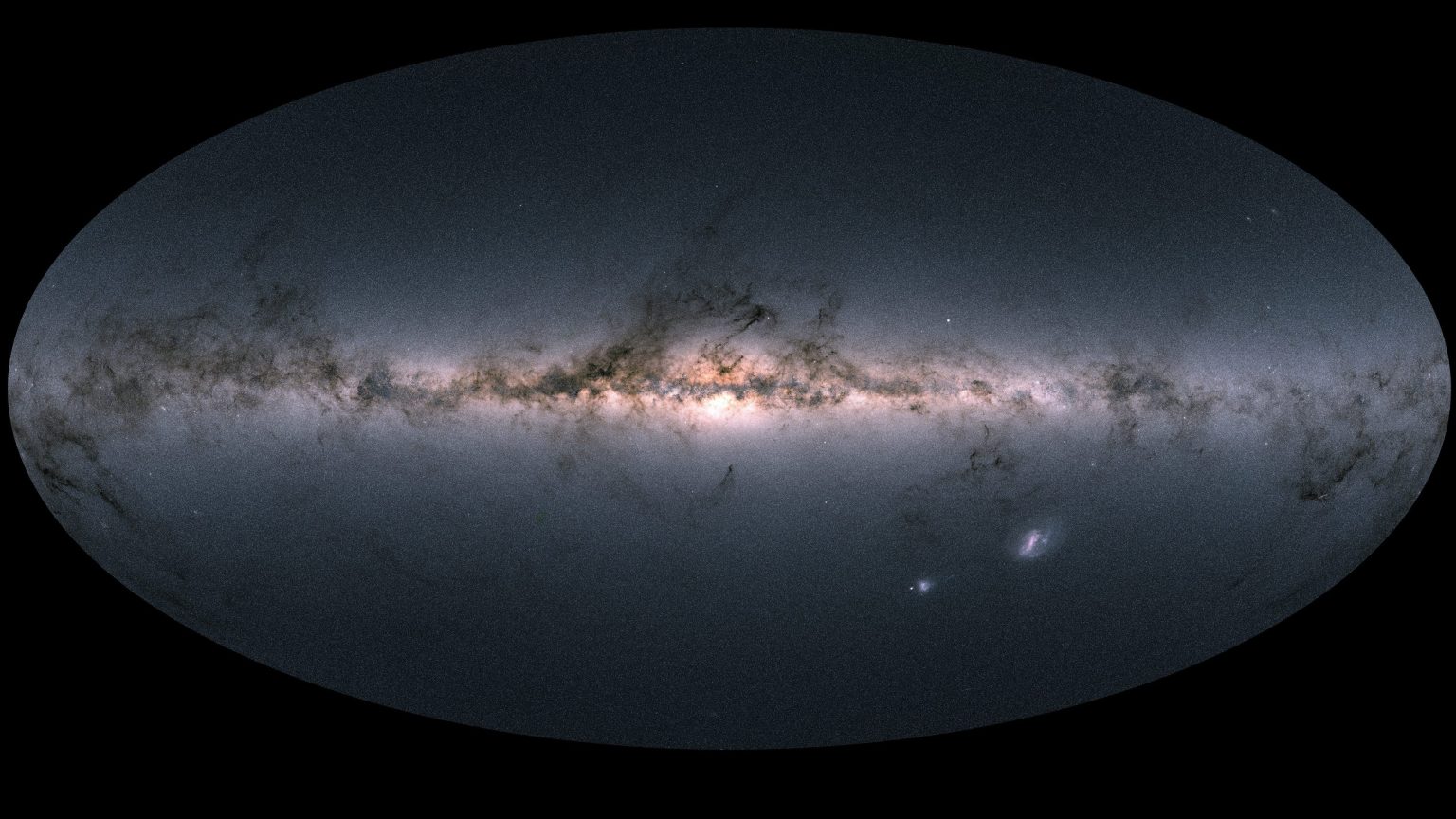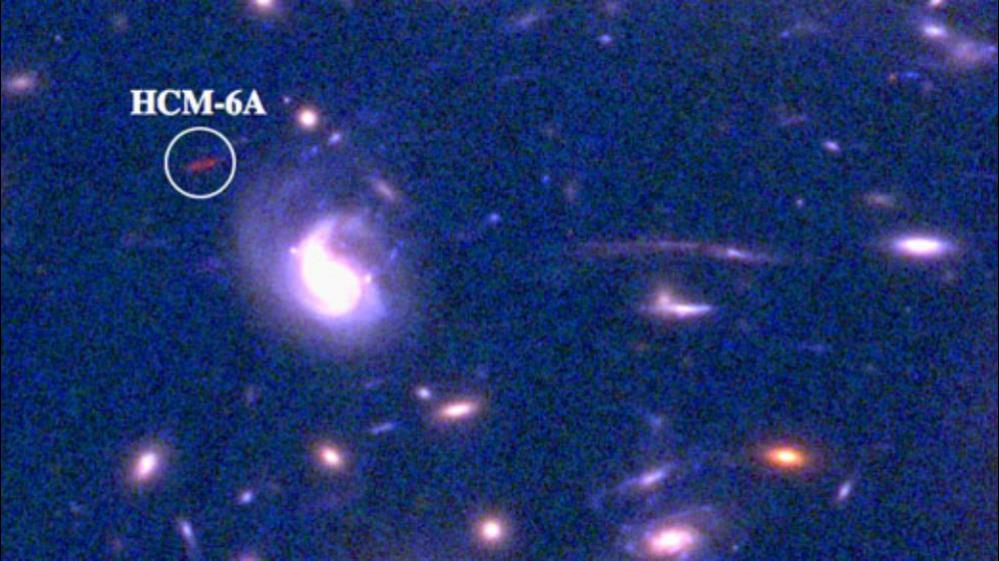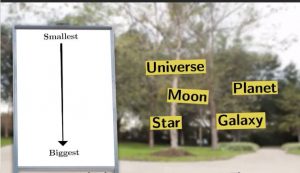- How far away are the stars? and How has the cosmic distance records progressed over time?
- My speculations about how people throughout history have perceived the size of the world;
- Veritasium’s person-on-the-street interviews reveal that many people have no clue about these matters;
- And a brief comment about how little science fiction does to honestly depict these things.

Big Think, Ethan Siegel, 14 Feb 2024: How far away are the stars?, subtitled “For thousands of years, humanity had no idea how far away the stars were. In the 1600s, Newton, Huygens, and Hooke all claimed to get there.”
A companion piece to the item I noted in this post on Feb. 8th, on the same site by a different writer.
Key Takeaways
• For as long as humanity has been gazing up into the night sky, we’ve marveled at the stars, wondering not only what they are, but how far away they are from us. • Although that question has now been answered in modern times by exquisite observations with superior telescope equipment, three 17th century scientists became the first to make robust estimates. • While the methods of Robert Hooke, Christiaan Huygens, and Isaac Newton were all different, each with their pros and cons, the scientific lessons from their work still remain relevant, and educational, today.
As with the previous piece, the interesting aspect here is *how* early scientists found methods to measure the distances to the stars. And how early techniques gave different results (as are some current results in cutting-edge physics) and how these were eventually resolved. In a sense, the average person on the street who knows nothing about science, let alone its history, is perhaps justified by wondering, e.g., how on earth do those scientists know that the sun is 93 million miles away? Did they *drive* there?? This, of course, is the argument from personal incredulity, and is merely an admission of personal ignorance.
\\

Here’s yet another, by the same writer as above.
Big Think, Ethan Siegel, 12 Feb 2024: How has the cosmic distance record progressed over time?, subtitled “Beyond the planets, stars, and Milky Way lie ultra-distant objects: galaxies and quasars. Here’s how far back we’ve seen throughout history.”
Key Takeaways
• Out beyond planet Earth, the Moon, Sun, planets, and stars all fill the night sky with wonder, as well as the vast expanse of the Milky Way and some fixed deep-sky objects as well. • Of the naked eye objects, the great nebula in Andromeda, also known as the Andromeda galaxy, was the most distant known to most of humanity for most of history, even though we didn’t discover its nature as a galaxy until 1923. • Over time, with the advent of better telescopes, instruments, and a superior understanding of what we were looking at, the cosmic distance record has only progressed. Here’s where we stand today.
All very interesting, but all of these examples are abstruse to the proverbial person on the street. I’m fascinated by trying to trace these notions into pre-history. This will take some research, perhaps. I’m after answers to the questions: What did a typical person alive in 2000 BC think about the size of the world? And how much did they know about it? (The typical answer is that people millennia ago knew basically nothing of the world beyond a day’s walk, and the Bible thought the world flat covered by a literally physical “firmament.”) What about in Jesus’ time? (The Greeks know a lot more than the Hebrews who wrote the Bible.) How about Galileo’s time? Part of those answers will be: the philosophers of those times knew quite a lot, while people on the street/walking path knew very little. As many of the latter do now, even to the point of denying as frauds what they think the elitist God-hating scientists are claiming. (I see posts making such claims on Facebook all the time.)
\\
Evidence: asking literal people on the street to rank a set of five items in order from smallest to biggest: universe, moon, star, planet, galaxy.
Veritasium video, on Facebook: Do People Understand the Scale of the Universe?
Several haven’t the slightest clue; a couple of them are savvy.
\\
I made a point in my pending essay (to appear in a future Gary Westfahl nonfiction anthology of essays) that science fiction does little to educate the populace about the realities of the universe. Especially media SF — TV and movies. They are, frankly, dishonest. I go into detail in the essay.
\\
Every day I reread and copy-edit my post from the evening before. If this comment is still here, I have not yet done so for this post.






